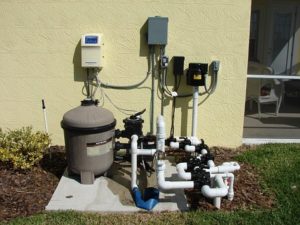
The Link Between Health and FitnessThe Link Between Health and Fitness
Almost everyone knows that health and fitness go hand-in-hand, but have you ever considered how interconnected they are? This article takes a deeper look at the connection between health and fitness. From physical benefits like increased strength and stamina to mental benefits like reduced stress and anxiety, there’s no denying that prioritizing both aspects of your life can lead to a happier, healthier you. Below are more details to help you understand better.
The Importance of Health
Your health is the foundation of your life. Without it, everything else falls apart. It’s easy to take good health for granted until you’re faced with illness or injury, but it may be too late. That’s why prioritizing your health should always be at the top of your to-do list. Good health means different things for different people – some may prioritize healthy eating habits while others focus on getting enough sleep or reducing stress levels. Whatever it means to you personally, making conscious choices that support your well-being will pay off in the long run.
The Importance of Fitness
 Fitness plays a crucial role in maintaining good health and well-being. Regular exercise helps keep our bodies in shape and improves our mental health and overall quality of life. Physical activity is essential for developing and maintaining strong muscles, bones, and joints. It also helps to reduce the risk of chronic diseases.
Fitness plays a crucial role in maintaining good health and well-being. Regular exercise helps keep our bodies in shape and improves our mental health and overall quality of life. Physical activity is essential for developing and maintaining strong muscles, bones, and joints. It also helps to reduce the risk of chronic diseases.
Exercise also releases endorphins – feel-good chemicals that promote positive feelings. It can help improve mood, reduce stress levels, boost self-esteem, and enhance cognitive function. Incorporating regular physical exercises into your daily routine may seem challenging initially, but it doesn’t have to be rigorous or time-consuming. Simple activities like walking or cycling for short distances or taking breaks during work hours can make a significant difference over time.
How the Two Intersect
When discussing health and fitness, it’s easy to see how they are intertwined. Health is a state of well-being in which a person is free from illness or injury, while fitness refers to physical ability or condition. But there’s more to it than just that. To be truly healthy, one must have both physical and mental wellness. Exercise has improved physical health, boosted mood, and reduced stress levels.
In turn, improved mental health can lead to better decision-making regarding diet and exercise choices. On the other hand, proper nutrition plays a crucial role in achieving optimal fitness levels. Eating whole foods rich in nutrients provides energy for workouts as well as aids in muscle recovery after exercise. Combining regular exercise and nutritious eating habits creates a positive feedback loop where each component supports the other toward overall wellness.
It is clear that health and fitness are closely linked and cannot be separated. This makes it necessary for individuals to prioritize their health and make time for exercise as part of their daily routine. Remember that every small step to improve your health and fitness counts towards achieving a healthier lifestyle.

 When you drink alcohol, your body goes into overdrive to metabolize the ethanol. This means that your immune system is working overtime as well. Drinking frequently or in large amounts can lead to a depressed or suppressed immune system. This puts you at risk for all sorts of infections and illnesses, some of which can be serious or even life-threatening. A suppressed immune system also means that your body is less able to fight off cancer cells. In fact, alcohol consumption is linked to an increased risk of several types of cancer, including mouth, throat, esophageal, liver, and breast cancer.
When you drink alcohol, your body goes into overdrive to metabolize the ethanol. This means that your immune system is working overtime as well. Drinking frequently or in large amounts can lead to a depressed or suppressed immune system. This puts you at risk for all sorts of infections and illnesses, some of which can be serious or even life-threatening. A suppressed immune system also means that your body is less able to fight off cancer cells. In fact, alcohol consumption is linked to an increased risk of several types of cancer, including mouth, throat, esophageal, liver, and breast cancer. What’s more, drinking moderate amounts of alcohol has been linked to improved mental clarity and focus. So if you’re looking to boost your productivity, moderate alcohol consumption may actually help. Of course, it’s important to remember that too much alcohol can have the opposite effect and lead to memory, learning, and decision-making problems. With a few drinks, you may feel like you can focus better. But in reality, alcohol is a depressant and can actually impair your cognitive function.
What’s more, drinking moderate amounts of alcohol has been linked to improved mental clarity and focus. So if you’re looking to boost your productivity, moderate alcohol consumption may actually help. Of course, it’s important to remember that too much alcohol can have the opposite effect and lead to memory, learning, and decision-making problems. With a few drinks, you may feel like you can focus better. But in reality, alcohol is a depressant and can actually impair your cognitive function.
 One of the most obvious ways online misinformation can cause harm is by leading patients to make decisions that might harm their health. For example, if a patient were to read false information about a particular medication, they might decide to forego taking it, even if it could benefit them. Patients may also decide about their treatment based on misinformation they have read online. It could lead to them choosing an ineffective treatment option or even forgoing treatment altogether. It could also lead to many misdiagnosed cases, which sometimes could be fatal.
One of the most obvious ways online misinformation can cause harm is by leading patients to make decisions that might harm their health. For example, if a patient were to read false information about a particular medication, they might decide to forego taking it, even if it could benefit them. Patients may also decide about their treatment based on misinformation they have read online. It could lead to them choosing an ineffective treatment option or even forgoing treatment altogether. It could also lead to many misdiagnosed cases, which sometimes could be fatal. Online misinformation can also affect medical research. If a published study contains misleading information, this could lead to other researchers wasting their time and resources attempting to replicate the results. Also, if many people believe in a particular myth or misconception, this can lead to research being directed towards disproving this myth rather than towards more pressing medical issues.
Online misinformation can also affect medical research. If a published study contains misleading information, this could lead to other researchers wasting their time and resources attempting to replicate the results. Also, if many people believe in a particular myth or misconception, this can lead to research being directed towards disproving this myth rather than towards more pressing medical issues.
 In nursing classes, the whole body can be treated. Proper understanding of the body helps identify ailments, manage specific medications for certain areas, and also the ideal method for navigating sensitive areas of the body.
In nursing classes, the whole body can be treated. Proper understanding of the body helps identify ailments, manage specific medications for certain areas, and also the ideal method for navigating sensitive areas of the body. Microbiology involves learning about the different types of germs, parasites, and viruses that affect the entire body, how they affect the body and how each of them can be identified, the steps that are taken to get exactly the same, and the treatment or therapy that is needed. Nutrition is another aspect that is covered in nursing that leads to the health of the patient while under medical care. Nutrition involves teaching what foods are important for certain ailments, how to prepare them, how often to give a certain mixture of food, and what foods to avoid.
Microbiology involves learning about the different types of germs, parasites, and viruses that affect the entire body, how they affect the body and how each of them can be identified, the steps that are taken to get exactly the same, and the treatment or therapy that is needed. Nutrition is another aspect that is covered in nursing that leads to the health of the patient while under medical care. Nutrition involves teaching what foods are important for certain ailments, how to prepare them, how often to give a certain mixture of food, and what foods to avoid.





 Sildenafil Citrate, commonly called Generic Viagra, is just one of the valuable healthcare sciences gifts to resist against erectile dysfunction. Without a doubt, Sildenafil Citrate has been the top choice of the vast numbers of those who have opted to fight the issue of ED.
Sildenafil Citrate, commonly called Generic Viagra, is just one of the valuable healthcare sciences gifts to resist against erectile dysfunction. Without a doubt, Sildenafil Citrate has been the top choice of the vast numbers of those who have opted to fight the issue of ED.

 The Mediterranean diet is among the healthiest on the planet, and it includes a lot of these good fats that help prevent cardiovascular disease. The phytosterols within those pumpkin seeds also help lower ‘bad’ cholesterol levels, and that means you are doing your heart well by ingesting these seeds. It’s believed that this protection might be on account of the carotenoids and Omega-3 within the seed oil. Men who have considerable quantities of carotenoids in their diets have significantly less BPH. Pumpkin seeds are full of potassium, which can be linked to reduced blood pressure. Potassium is essential to cardiovascular function and plays an integral role in smooth and skeletal muscle contraction, making it necessary for normal digestive and muscle function.
The Mediterranean diet is among the healthiest on the planet, and it includes a lot of these good fats that help prevent cardiovascular disease. The phytosterols within those pumpkin seeds also help lower ‘bad’ cholesterol levels, and that means you are doing your heart well by ingesting these seeds. It’s believed that this protection might be on account of the carotenoids and Omega-3 within the seed oil. Men who have considerable quantities of carotenoids in their diets have significantly less BPH. Pumpkin seeds are full of potassium, which can be linked to reduced blood pressure. Potassium is essential to cardiovascular function and plays an integral role in smooth and skeletal muscle contraction, making it necessary for normal digestive and muscle function.
 Be around positive men and women. By being optimistic about life, you are inclined to leave your fears and worries behind. The more you worry about the little things, the more you push yourself and the older you look. You may have noticed that those who worry too often look older than those who are happy and optimistic about life. Not only does it make your body healthy, but it also allows you to deal with stress and makes you look vigorous and energetic. Which of course is a really good thing to keep you young and energetic at your best.
Be around positive men and women. By being optimistic about life, you are inclined to leave your fears and worries behind. The more you worry about the little things, the more you push yourself and the older you look. You may have noticed that those who worry too often look older than those who are happy and optimistic about life. Not only does it make your body healthy, but it also allows you to deal with stress and makes you look vigorous and energetic. Which of course is a really good thing to keep you young and energetic at your best. Stress is to blame for many health problems we face from time to time. Whether it’s physical or mental stress, it can really affect how we look, treat other people, and even our own lives. If you live a lifestyle that constantly chases time and feels like you don’t have enough time to do what you want to do, maybe you should stop for a moment and develop some strategies to deal with your daily anxiety. Learn to meditate or do other relaxation exercises that allow you to handle each day of your.
Stress is to blame for many health problems we face from time to time. Whether it’s physical or mental stress, it can really affect how we look, treat other people, and even our own lives. If you live a lifestyle that constantly chases time and feels like you don’t have enough time to do what you want to do, maybe you should stop for a moment and develop some strategies to deal with your daily anxiety. Learn to meditate or do other relaxation exercises that allow you to handle each day of your. Among the most important things that could help you, of course, is maintaining a
Among the most important things that could help you, of course, is maintaining a 
 You might be treated at a center where the team isn’t handled appropriately. It might cause a group working with more individuals than they could provide adequate maintenance. Neglect could result in inappropriate therapy. Excessive tiredness could result in fatal mistakes. Suppose you’re in a health situation, like a hospitalization, in which employees didn’t respond to you personally after having assistance or made mistakes that caused you injury. If that’s the scenario, this might be potential medical malpractice.
You might be treated at a center where the team isn’t handled appropriately. It might cause a group working with more individuals than they could provide adequate maintenance. Neglect could result in inappropriate therapy. Excessive tiredness could result in fatal mistakes. Suppose you’re in a health situation, like a hospitalization, in which employees didn’t respond to you personally after having assistance or made mistakes that caused you injury. If that’s the scenario, this might be potential medical malpractice. Late Identification Hunting medical care following a potential illness is essential to stop the problem from becoming worse. Health screenings are made to identify issues and work to fix them quickly. When you visit a physician with a present scenario, you try to ascertain what’s occurring according to your symptoms, and you need to operate to see to the issue. When a physician fails to recognize the symptoms of a severe issue or makes a misdiagnosis, these activities may constitute medical malpractice.
Late Identification Hunting medical care following a potential illness is essential to stop the problem from becoming worse. Health screenings are made to identify issues and work to fix them quickly. When you visit a physician with a present scenario, you try to ascertain what’s occurring according to your symptoms, and you need to operate to see to the issue. When a physician fails to recognize the symptoms of a severe issue or makes a misdiagnosis, these activities may constitute medical malpractice. A vital portion of adequately identifying the ideal treatment recommendations is doing proper testing through blood tests or imaging studies. Improper testing may require the following medical malpractice forms. For example, erroneous assessment is medicated and arranged; mutual testing based on documented symptoms is not dictated, and additional analysis is not predicated on the first outcomes. Administering the right test to the ideal person at the ideal time helps to ensure that the most accurate results can be found. Mistake in procedure may constitute medical malpractice.
A vital portion of adequately identifying the ideal treatment recommendations is doing proper testing through blood tests or imaging studies. Improper testing may require the following medical malpractice forms. For example, erroneous assessment is medicated and arranged; mutual testing based on documented symptoms is not dictated, and additional analysis is not predicated on the first outcomes. Administering the right test to the ideal person at the ideal time helps to ensure that the most accurate results can be found. Mistake in procedure may constitute medical malpractice.
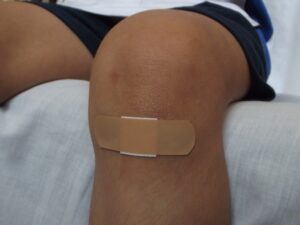 Minor or even acute open wounds may not require medical attention. People can treat these wounds at home. However, acute open injuries involving significant bleeding may require immediate medical attention. First, you should stop the bleeding by applying pressure to the wound via bandages or a clean cloth to promote blood circulation. Then clean the injury as soon as possible with water and saline solution to flush away any debris and apply a thin layer of antibiotic ointment to prevent infection. Next, close and dress the wound with bandages.
Minor or even acute open wounds may not require medical attention. People can treat these wounds at home. However, acute open injuries involving significant bleeding may require immediate medical attention. First, you should stop the bleeding by applying pressure to the wound via bandages or a clean cloth to promote blood circulation. Then clean the injury as soon as possible with water and saline solution to flush away any debris and apply a thin layer of antibiotic ointment to prevent infection. Next, close and dress the wound with bandages. 

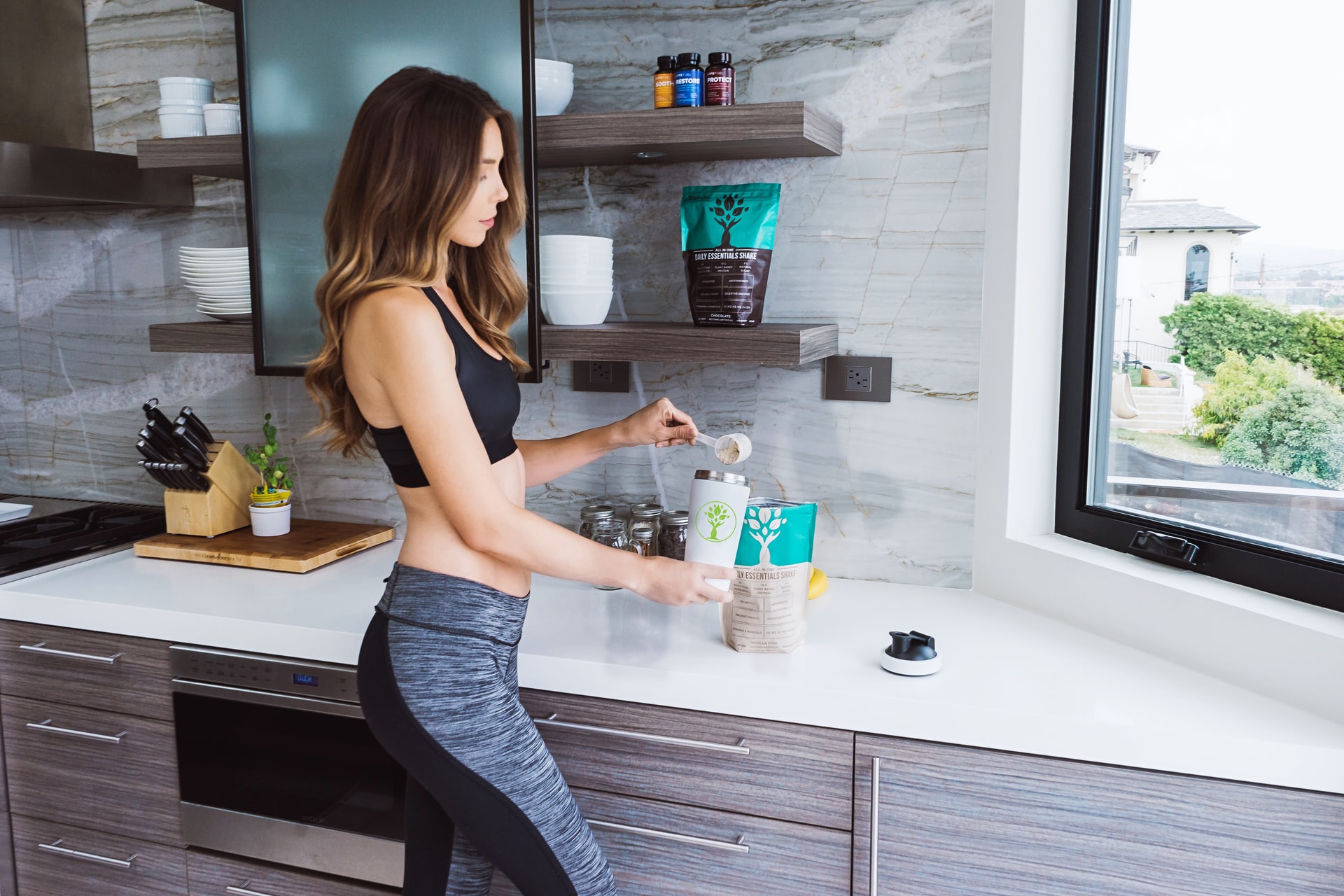
 To start changing to healthy dietary patterns, try to eat unassuming servings every two to about a month regularly, which assists with keeping your glucose mutually with reducing longings. On the opposite side, the nourishments that you eat each time should fall in the range of empowering suppers, in light of your way of life and taste. Moreover eating regular nourishments causes you to empower weight decrease in a fast way, and that is the main explanation you might want consistently to take sound bites to suppress your craving and feel total without going hungry.
To start changing to healthy dietary patterns, try to eat unassuming servings every two to about a month regularly, which assists with keeping your glucose mutually with reducing longings. On the opposite side, the nourishments that you eat each time should fall in the range of empowering suppers, in light of your way of life and taste. Moreover eating regular nourishments causes you to empower weight decrease in a fast way, and that is the main explanation you might want consistently to take sound bites to suppress your craving and feel total without going hungry. You usually will need to select vegetables as a part of your regular eating regimen as it is not only pressed with minerals and nutrients; nonetheless, moreover, additionally, it advances sound digestion and absorption. Since no nutritional supplements improvements can substitute natural food, eating a massive range of veggies is a specific shot way of enlarging your minerals and nutrients entrance alongside an unbelievable arrangement of additional nutritional value. We can not underscore enough; it is so essential to maintain a good eating regular program. That’s about the maximum point of this super-healthy dietary routines schedule. You may add veggies, fruits, veggies, and fats to boost sustenance better and allow it to be corrected.
You usually will need to select vegetables as a part of your regular eating regimen as it is not only pressed with minerals and nutrients; nonetheless, moreover, additionally, it advances sound digestion and absorption. Since no nutritional supplements improvements can substitute natural food, eating a massive range of veggies is a specific shot way of enlarging your minerals and nutrients entrance alongside an unbelievable arrangement of additional nutritional value. We can not underscore enough; it is so essential to maintain a good eating regular program. That’s about the maximum point of this super-healthy dietary routines schedule. You may add veggies, fruits, veggies, and fats to boost sustenance better and allow it to be corrected. This is essential for any variety of motives that are linked to your own body works. Someone needs to drink water each time they are feeling hungry to examine and distinguish between hunger and want. Water not merely helps remove toxins from your body but also modulate fat reduction and accelerate your metabolism. Healthful eating habits have been well complemented with a routine exercise regime and everyday actions. Mixing these portions of the body can make it possible for you to accomplish a healthy lifestyle that will not need continuous work since it’s just part of your everyday routine.
This is essential for any variety of motives that are linked to your own body works. Someone needs to drink water each time they are feeling hungry to examine and distinguish between hunger and want. Water not merely helps remove toxins from your body but also modulate fat reduction and accelerate your metabolism. Healthful eating habits have been well complemented with a routine exercise regime and everyday actions. Mixing these portions of the body can make it possible for you to accomplish a healthy lifestyle that will not need continuous work since it’s just part of your everyday routine.
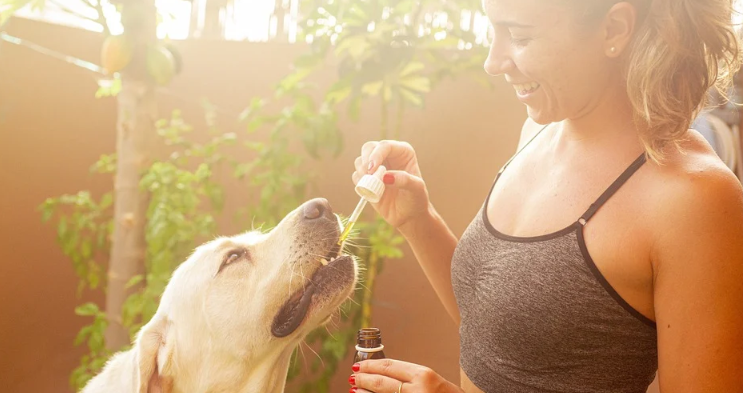
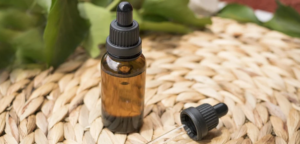
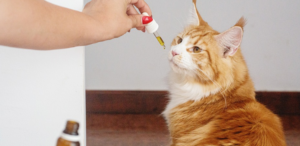

 n this case, it is not surprising that this seed is often recommended to accompany a diet plan program to burn fat. The hemp seeds are a very useful ingredient in many recipes, making it beneficial to enhance the flavor of the food you eat while helping to make your body healthier. Therefore, people usually like to sprinkle them on their cereals and fruit. They also work well with salads and yogurts.
n this case, it is not surprising that this seed is often recommended to accompany a diet plan program to burn fat. The hemp seeds are a very useful ingredient in many recipes, making it beneficial to enhance the flavor of the food you eat while helping to make your body healthier. Therefore, people usually like to sprinkle them on their cereals and fruit. They also work well with salads and yogurts. 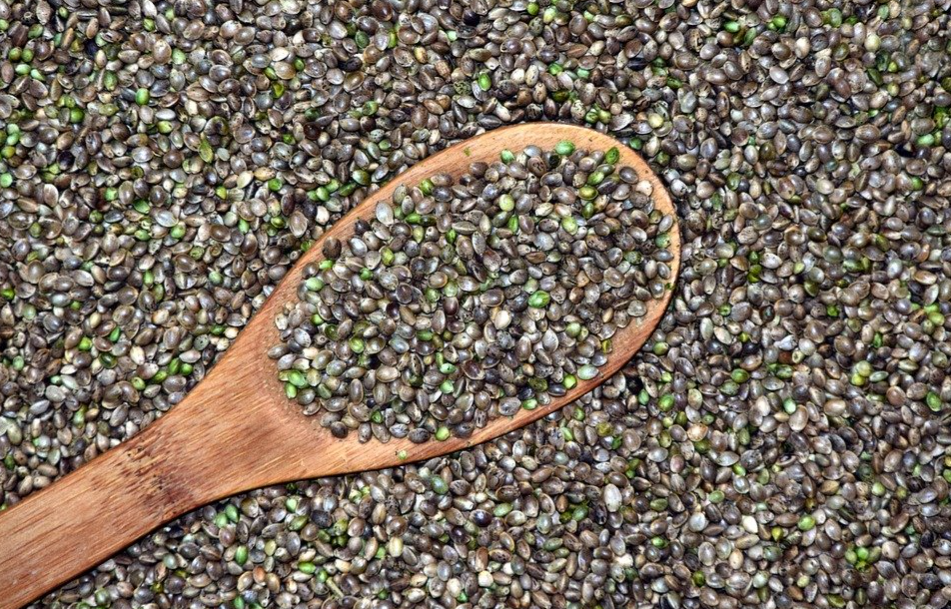


 One of the longest and most profitable options for physicians, especially senior doctors, is hospital management. Many women and men in society, like patients, believe that clinical experience makes doctors better partners because they understand the health care system from within.
One of the longest and most profitable options for physicians, especially senior doctors, is hospital management. Many women and men in society, like patients, believe that clinical experience makes doctors better partners because they understand the health care system from within.




 Oxidative stress has all related to antioxidant properties. Oxidant stress is that the equilibrium amidst the oxygen from the blood along with also the free radicals. Free radicals are unstable and similar to the atmosphere. Individual cells may’rust’ if a person breathes in particularly filthy air.
Oxidative stress has all related to antioxidant properties. Oxidant stress is that the equilibrium amidst the oxygen from the blood along with also the free radicals. Free radicals are unstable and similar to the atmosphere. Individual cells may’rust’ if a person breathes in particularly filthy air.



 In all honesty, you deserve better. This is just the reality. If you’re still in a toxic or abusive relationship, then you and your well-being are at stake. You can cover up the physical bruised caused by a punched with makeup, but emotional wounds can never be hidden. Remember this, being in a toxic relationship is like walking down the dark street that’s known for mugging. People around you can’t do much help; you have to decide to stand up for yourself and move on.
In all honesty, you deserve better. This is just the reality. If you’re still in a toxic or abusive relationship, then you and your well-being are at stake. You can cover up the physical bruised caused by a punched with makeup, but emotional wounds can never be hidden. Remember this, being in a toxic relationship is like walking down the dark street that’s known for mugging. People around you can’t do much help; you have to decide to stand up for yourself and move on.


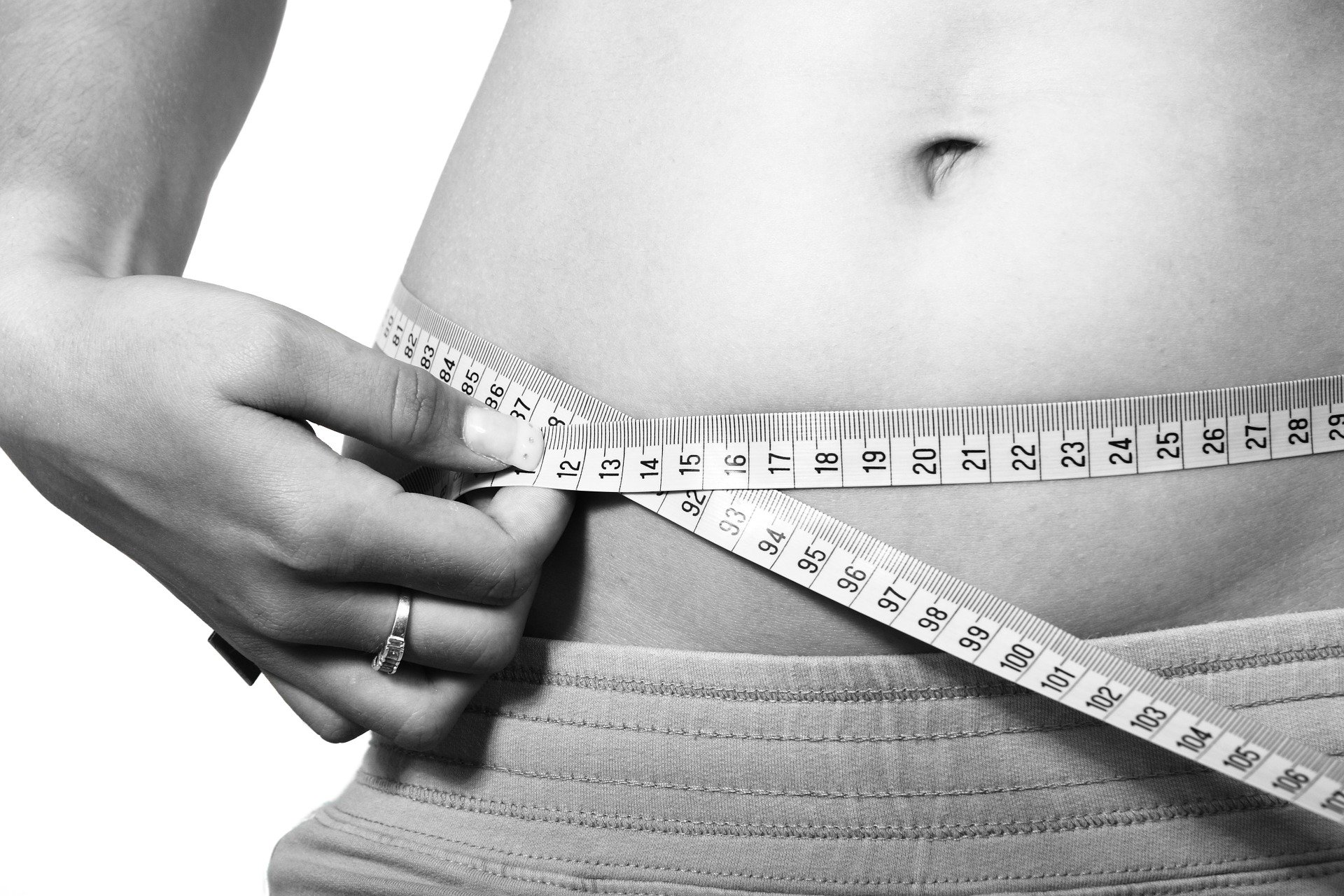



 The first thing to do when you want to have an anal bleaching at home is to equip yourself with all the things you will need. First and foremost, buy the whitening cream. The whitening cream is the main jelly you will use to bleach your anal area. Be sure to buy the cream from a reputable shop.
The first thing to do when you want to have an anal bleaching at home is to equip yourself with all the things you will need. First and foremost, buy the whitening cream. The whitening cream is the main jelly you will use to bleach your anal area. Be sure to buy the cream from a reputable shop. A patch test tests to check if your body will react with the whitening cream. Apply some amount of the cream somewhere on your body. Identify if your body reacts to the whitening cream in any way. The best place to apply the patch tests are the areas of the inner arm or the upper abdomen. If the patch test is positive, you can go ahead and apply the whitening cream.
A patch test tests to check if your body will react with the whitening cream. Apply some amount of the cream somewhere on your body. Identify if your body reacts to the whitening cream in any way. The best place to apply the patch tests are the areas of the inner arm or the upper abdomen. If the patch test is positive, you can go ahead and apply the whitening cream.
